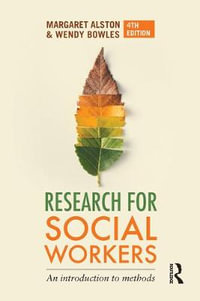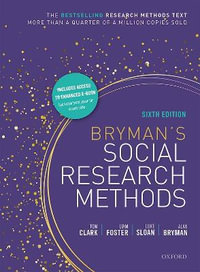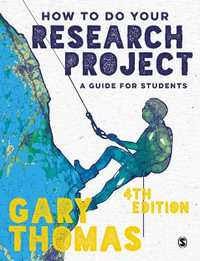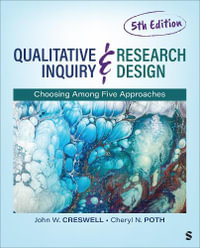"A much welcome reflection on how one designs and conducts fieldwork in our legally and socially turbulent times. Calling for collaboration and community despite the isolation, racism, and structural hurdles of doing ethnographic research, this volume is thoughtful, provocative and inspiring." -- Eve Darian-Smith, Distinguished Professor and Chair of Global and International Studies, University of California, Irvine, USA
"This volume offers a master-class in making ethnographic knowledge collaboratively and sustaining diverse research relationships in complicated times. The authors give us intimate access to their experiences doing research during COVID-19 and amidst movements for social justice. They show how the UC Irvine Law and Ethnography Lab, an innovative research community based on horizontal relationships and mutual support between junior and senior researchers, supported methodological experiments and helped novice and seasoned scholars meet both the perennial challenges of in-person, experiential research and the novel ones posed by the pandemic and by pervasive inequality. These rich ethnographies of improvisation and responsiveness, in both virtual and embodied interactions, provide pointers and pathways for researchers embarking on their own engaged projects and underscore the vital connections between method, care, and vulnerability in all kinds of field research." - Leo Coleman, City University of New York, USA
"In Communities of Practice and Ethnographic Fieldwork, Cabatingan, Coutin and Nevarez Martinez introduce us to their stalwart band of sociolegal scholars navigating the troubled seas of our present moment. Faced, as many of us were, with the strange circumstances of having technological innovation mix with a 100-year pandemic to refashion all our social worlds in ways more thickly connected globally, but also more tenuous locally, they find both succor and scholarship in the regular meetings of their research collective, the Law and Ethnography Lab of UC Irvine's Criminology Law & Society Department. What we learn in this most innovative volume, is just how important both community and critical empirical inquiry is to the scientific investigation of law's place in our societies, for the vitality not just of our research, but for the groups we populate, and the populations with which we collaborate. Moreover, as the social ruptures of the recent past leave us with both a recalcitrant science skepticism and a rising antiliberal authoritarianism, the chapters in this invigorating volume demonstrate just how and why an ethnographic approach to peoples' everyday experiences and understandings of and with law is more important than ever. Indeed, to the extent that the hoary institutions of scientific knowledge and the rule of law are more embattled now than at any time in recent memory, the social scientific approaches to legality so eloquently demonstrated in this edited volume, all serve to remind us of law's varied and enduring significance for peoples across the globe, at a moment when that lesson couldn't be more essential for all of us." -- Justin B. Richland, JD, PhD, Chair of the Department of Anthropology, UC Irvine, USA, Faculty Fellow of the American Bar Foundation, Associate Justice, Hopi Tribal Court of Appeals.
























